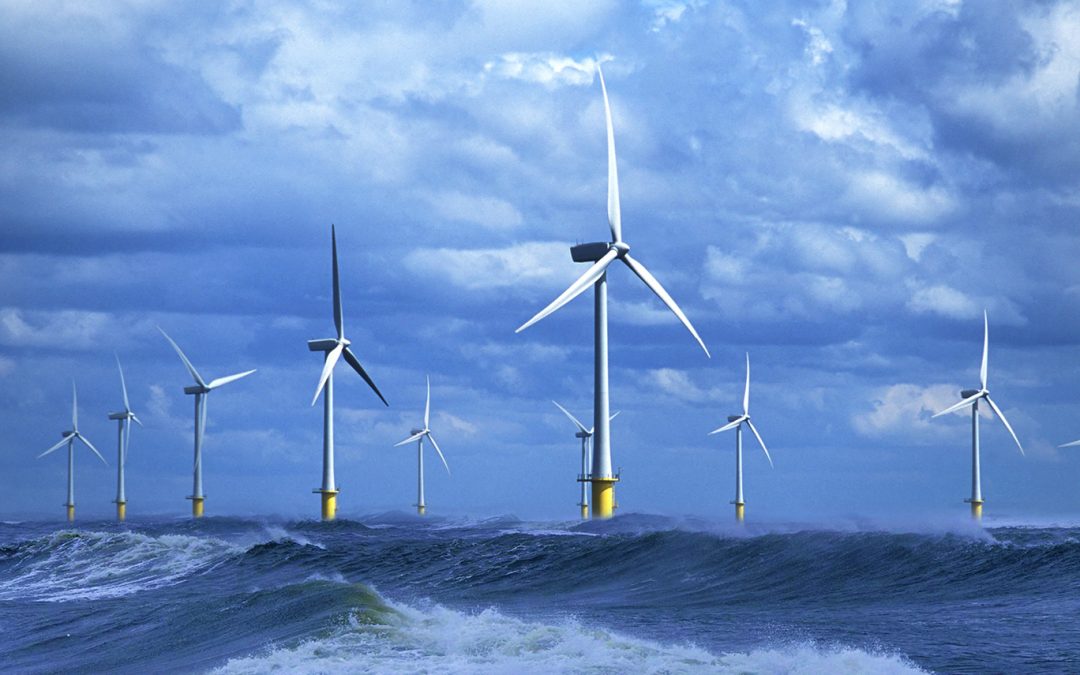Seafood Industry gives guarded welcome to Future Framework Policy Statement for Offshore Renewable Energy
Responding to the recent publication of an updated Future Framework Policy Statement for Offshore Renewable Energy (ORE), the Seafood Industry Representatives’ Forum (SIRF) today acknowledged the consultation process undertaken by the Department of the Environment, Climate and Communications, and welcomed important changes made to the draft policy first published in January this year. These changes have partially taken account of submissions made by the sector.
The Seafood Industry Representatives Forum (SIRF) is a collective of eight Irish fishing and aquaculture industry representative organisations, formed to deal with the issues associated with ORE development and its impacts on the seafood sector.
Amongst the important changes now included in the updated policy is a recognition that fishing, aquaculture, and processing are vital socio-economic activities and sources of income and employment for coastal communities. This, along with a Government acknowledgement of the potential socio-economic impacts of ORE on communities (visual impact, construction disturbance, economic displacement etc.) is an essential step towards a more balanced debate on the future scale, location, and direction of offshore renewables in Ireland’s EEZ. Critically, the revised Future Policy also recognises the importance of the State undertaking socio-economic and environmental cost-benefit analyses before incremental changes are agreed in key area.
Mr John Lynch, Chairman of the Group, stressed that “SIRF recognises and accepts the State’s need to develop offshore renewable energy at an appropriate scale to address the threat of climate change. However we must also recognise and accept that fishermen and shellfish farmers are amongst those most likely to be adversely impacted by these developments. Rather than portray fishermen as the bad guys trying to prevent ORE, we should, instead, give proper consideration to the wider socio-economic and environmental priorities along with the benefits to local communities. This is the best way to help facilitate a stable political consensus and drive investment”.
Quoting from the new policy, Mr Lynch emphasized that “future initiatives must include maintaining and bolstering existing relationships, as well as developing additional government/stakeholder working groups to provide opportunities for policy input”. This is provided for in Action 21 of the Future Framework and Mr Lynch pointed out that “the seafood Industry is calling on Minister Ryan to establish a working group comprising seafood industry representatives and officials of his Department where we can ‘knock heads together’ and find solutions to the problems that currently threaten the orderly roll out of offshore renewables”. This Group would complement the excellent work already being done at an industry-to-industry level by the Seafood ORE working Group chaired by Captain Robert McCabe.
The Seafood Industry Representatives’ Forum (SIRF) also noted the publication of the draft South Coast Designated Maritime Area Plan for Offshore Renewable Energy (SC-DMAP). Indicating that the Group will be making a submission on this in due course, Mr Lynch pointed out that the revised Future Framework now “recognises the importance of policies that will collectively ensure that seafood and commercial fishing activity can continue to take place within and around windfarm areas where appropriate”. This is an example of what can be achieved when government and industry work together and he stressed that “future generation will not thank us if we do not get this right”.



Recent Comments